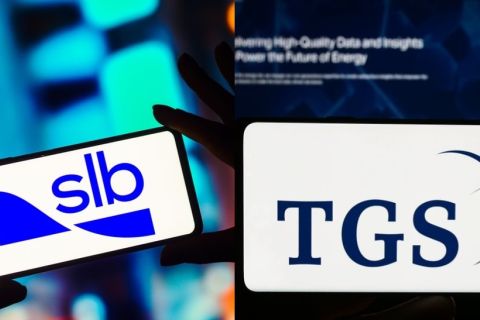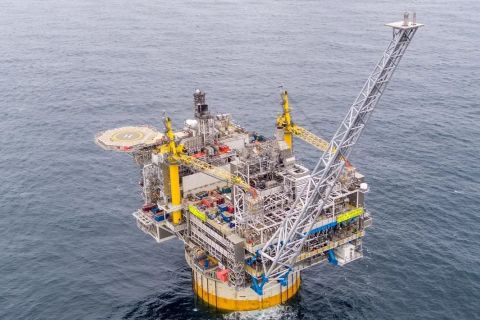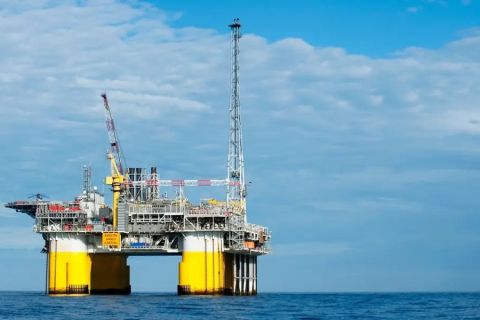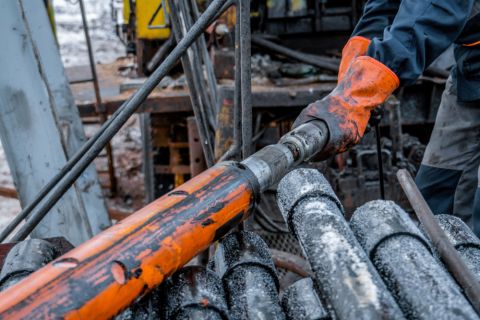Presented by:
If you missed the House Committee on Oversight and Reform hearing on Oct. 28, don’t watch it now. If you must, have a blood pressure monitor and tele-doctor nearby.
The day after, Rob Clarke, vice president, upstream research, for Wood Mackenzie tweeted what his followers—folks who make energy, invest in it, write about it, analyze it—felt as well, confirming that (1) the hearing did happen and wasn’t a mass hallucination and (2) it was, yes, very disturbing.
Clarke typed into a meme of Bart Simpson writing lines on a chalkboard: “I will stop watching C-SPAN clips of yesterday’s energy hearing.”
Concurrence was received by many of Clarke’s followers, including the CFO of an independent, Permian-focused E&P: “I feel you; still irate over here.”
The producer added, “It just bothers me that congressmen can tell outright lies about your company—hurting your shareholders and their investment—and you can’t push back. I’m pretty sure if Chevron ‘owed $50 billion for environmental disasters’ (as alleged in the hearing) it would be disclosed in SEC filings.”
So what happened? And what was learned?
The answer to the latter is not what the committee might have sought to learn— whatever that may have been. Rather, the committee learned nothing, while viewers learned that a large portion of Congress may be just as uneducated about energy as their constituents.
As for what happened: A California congresswoman performed a pre-K show-andtell using a jar of candy, followed by a pre-K case of “acting out” by pouring rice onto her driveway from the back of her SUV, while yelling questions to Gretchen Watkins, then interrupting Watkins, preventing the Shell Oil Co. president from answering anything.
There was more.
But, as Clarke suggested, we won’t rewatch it.
Committee members who understand energy—and comport a basic respect of others—ended up using their time to apologize to the Btu leaders. Among them was Rep. Byron Donalds of Florida.
A tweeter responded: “He made some friends in Midland today, that’s for sure.” Another: “Let’s throw him a Midland fundraiser.”
The day before the hearing, an oil producer had tweeted, “I expect a lack of basic energy knowledge, no understanding of economics and a ‘show’ to win votes.”
A show it was—a circus.
Afterwards, a follower replied, “Well, you nailed it.”
There were pre-show optimists: “I want to see AOC [Alexandria Ocasio-Cortez] wax poetic on gas lift.” A reply: “This would be the culmination of my life.”
In the end, there were two kings left on the board: Nothing gained—at least, in terms of what may have been the point of the hearing.
This was all conducted and viewed via electricity-powered phone, laptop or other device in a climate-controlled setting with clean drinking water, while robed in fully or partially poly-based fibers.
Altogether, it was just as vague as the point of the committee itself. Its legislative jurisdiction is administrative, including holidays, celebrations, the postal service, the census and municipal matters of the District of Columbia. It further states it has jurisdiction in “any matter” within the jurisdiction of other House committees—which is to say it is redundant.
It’s an “overreach” committee.
Others testifying—trying to testify, that is—were Mike Wirth, chairman and CEO, Chevron Corp.; Darren Woods, chairman and CEO, Exxon Mobil Corp.; and Dave Lawler, CEO, BP America.
And Neal Crabtree, former welder on the former Keystone XL project.
Here was an enlightened highlight. Crabtree, who was able to complete his remarks, uninterrupted, said, “Build Back Better shouldn’t mean neglect and destruction of the energy infrastructure as we know it … There seems to be no thought given to the hundreds of thousands of workers in this industry or the millions of products that we use every single day that are provided by fossil fuels.”
He admonished, “There shouldn’t be a fear of a heating shortage this coming winter. But, yet, here we are.” Energy shortages in the U.S. aren’t the result of rising prices; instead, “rising prices are a direct result of the lack of infrastructure to get products moved to where they need it most.”
He concluded, “My crisis right now is the mortgage payments I have due every month, the food I need to put on the table and the healthcare I need to provide my family.
“And instead of demonizing the CEOs and presidents here today, I would like to thank them for the opportunity they provided me and my family and my union to work these past few decades.”
Recommended Reading
TGS, SLB to Conduct Engagement Phase 5 in GoM
2024-02-05 - TGS and SLB’s seventh program within the joint venture involves the acquisition of 157 Outer Continental Shelf blocks.
Subsea Tieback Round-Up, 2026 and Beyond
2024-02-13 - The second in a two-part series, this report on subsea tiebacks looks at some of the projects around the world scheduled to come online in 2026 or later.
2023-2025 Subsea Tieback Round-Up
2024-02-06 - Here's a look at subsea tieback projects across the globe. The first in a two-part series, this report highlights some of the subsea tiebacks scheduled to be online by 2025.
StimStixx, Hunting Titan Partner on Well Perforation, Acidizing
2024-02-07 - The strategic partnership between StimStixx Technologies and Hunting Titan will increase well treatments and reduce costs, the companies said.
Tech Trends: QYSEA’s Artificially Intelligent Underwater Additions
2024-02-13 - Using their AI underwater image filtering algorithm, the QYSEA AI Diver Tracking allows the FIFISH ROV to identify a diver's movements and conducts real-time automatic analysis.







